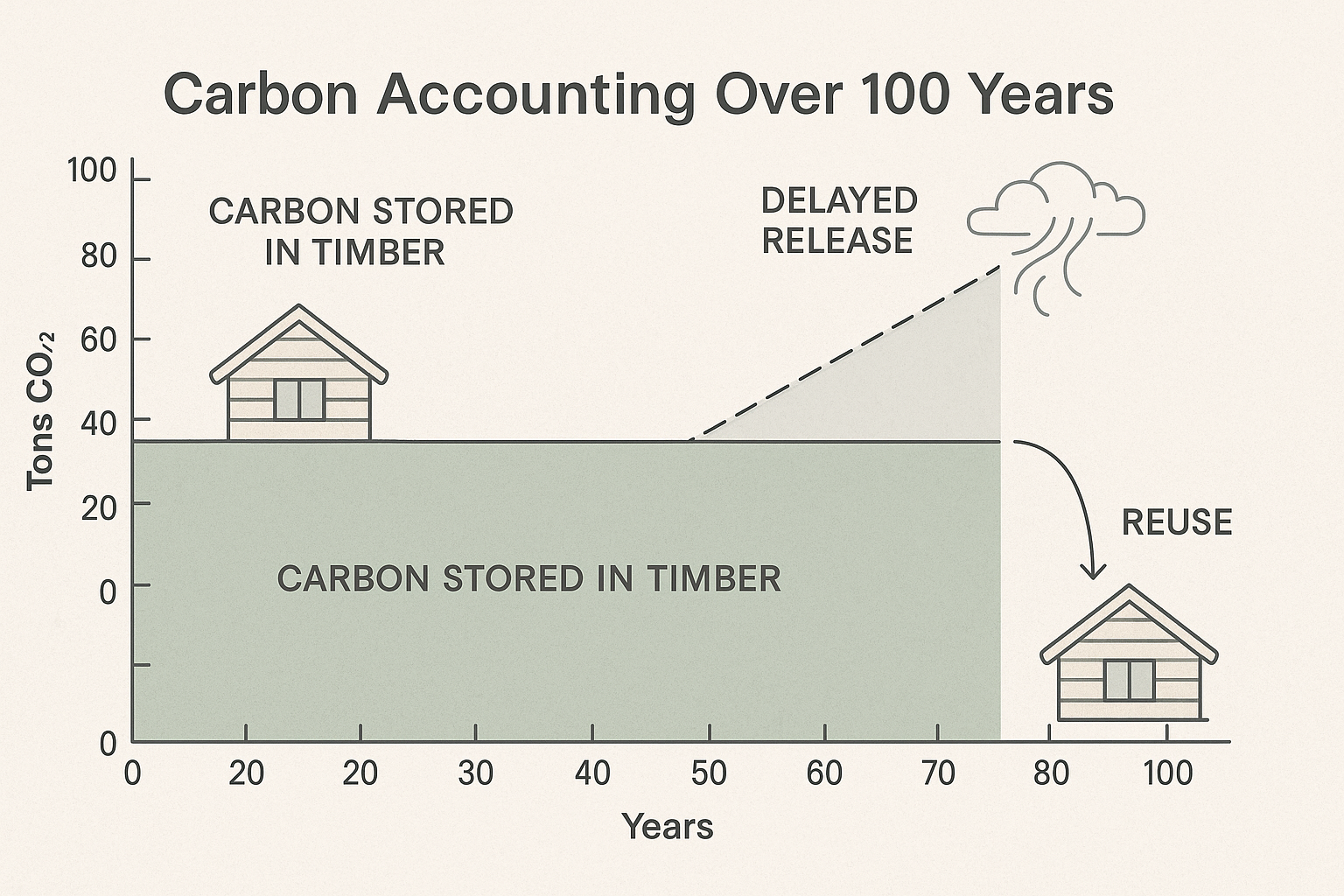Sign up for daily news updates from CleanTechnica on email. Or follow us on Google News!
We recently received an email from a reader about maintaining EVs as they rack up mileage and as the years go by. For people who only lease EVs and switch to a new one every 2-3 years, this generally matters very little, as you don’t usually get to the point where an EV needs more than maybe tires, wipers, and wiper fluid in that time. But, if you’re looking to keep an EV for 5-10 years or drive one into the ground, you’ll probably have questions like these:
“I own two Bolt EVs (2019, 2022), and the 2019 is approaching its 5 year coolant replacement maintenance. And the AC desiccant is supposed to be replaced every 7 years. One of the additional environmental benefits of EVs is less service and less damage due to fluid changes. The maintenance items mentioned above are in the Bolt owner’s manual in Chapter 11, Service and Maintenance.
I find it hard to believe that the coolant in my Bolt needs to be changed after five years. It is not subjected to the extremes seen in ICE vehicles (heat, contamination). It seems like GM applied the same thinking used for ICE vehicles to EVs. I understand there are additives in coolant that degrade. If that’s the case, wouldn’t the degradation be less in an EV? Can we add back any additives and continue using what is in the vehicle? I’ve never seen a good engineering reason for why I need to change my coolant at 5 years other than, “GM says so.”
Another maintenance item I’ve never seen explained is the AC desiccant replacement at 7 years. I have owned multiple vehicles for 7 years or more that never had the AC system serviced and it worked great until I got rid of them. The last vehicle was 12 years old and the AC was never serviced or touched and it was still working fine when I sold it this spring. There’s no way I’m going to have a tech open my AC system at 7 years if it is still working fine. That’s a recipe for disaster and headaches not to mention potential environmental issues. I understand the Bolt uses R-1234yf, but as with the coolant, I cannot find any engineering reason for needing to replace the desiccant at 7 years if the AC is working good. Other than, “GM says so.”
I thought it might be informative and interesting for you to find real answers to why these two items are supposed to be serviced. If it doesn’t need to be done at the intervals stated I see environmental advantages in addition to time and money savings.”
In this article, I want to talk about maintaining EVs over the long run, where you can save a few bucks, and where you can’t.
Proactive vs Reactive Maintenance
Before I get into specifics, I want to talk about two approaches to maintenance: proactive and reactive.
Vehicle manuals generally recommend proactive maintenance. Instead of waiting for things to go wrong or to lose function, the manual says to do a thing every X miles or X months/years. This approach is good because you change things before the average time to failure/degradation. This means that you never fall short, and you keep the more expensive problems from developing. Sounds good, right?
But, there are some kinds of maintenance that don’t work this way. For example, you wouldn’t change your tires every X miles, because too many things affect tire life. Some people will only get 10,000 miles out of a set of tires because they’ve got a lead right foot. Other people will drive very conservatively, rotate tires religiously, and will never run over a nail. With the right tires, you might go 50,000+ miles on a set. For things like that, you change/fix as needed.
The key is to know which maintenance items you can get away with doing as needed and which you really shouldn’t. For example, a gas car’s timing belt should be changed on schedule because a failed timing belt can destroy the engine. Regardless of how good it looks, you’d go ahead and take care of that.
Inspection & Testing Is The Key To Reactive Maintenance Items
The reader e-mail above asks about changing coolant and changing the desiccant packet in the air conditioning system. Both of these items can be taken care of on an “as needed” reactive basis, but you have to keep an eye on things to avoid serious problems.
Personally, I’d keep in mind that a liquid cooling system doesn’t require anything special to accomplish its function. In a pinch, you can put water in a radiator or EV coolant loop to make it to the next town if you have a leak. In the movie Red Dawn, they piss in the radiator to get away from the communists. The main reason you use a special coolant is that you don’t want the coolant to freeze when winter comes, which would suck because water expands as it turns into ice, and that expansion breaks things.
So, for the coolant, you need to use a coolant testing kit to check the quality of your coolant before the first freeze comes. If the coolant doesn’t test well, you’re up for a flush-fill. If it can handle the coming freeze, you’re good.
On the desiccant packet, you’ll probably want to go ahead and do that, but chances are that you’re already up for some kind of air conditioning maintenance by the time you get to the 7-year mark. If you get the AC serviced prior to that time or need a compressor, it’s probably a good idea to have it changed at that point. But, if you see rust or signs of moisture in the system, definitely get that packet changed.
Checking your car out 2-4 times per year for other issues that could come up is a generally good idea. For an EV, this means inspecting the hoses, pans, suspension, brakes, and the bottom of the battery pack for signs of problems. Leaks, cracks, or anything else that seems weird will probably need further work, and this will happen more as the vehicle ages.
Even newer EVs should be inspected regularly as part of the maintenance, even if you follow all proactive maintenance recommendations. Things are generally less likely to go wrong, but you never really know for sure!
Featured image: two coolant tanks under the hood of a Bolt EUV, by Jennifer Sensiba.

Have a tip for CleanTechnica? Want to advertise? Want to suggest a guest for our CleanTech Talk podcast? Contact us here.
Latest CleanTechnica.TV Videos
CleanTechnica uses affiliate links. See our policy here.
CleanTechnica’s Comment Policy





